With an education degree, you can avail countless opportunities for personal growth and societal impact. The world of education has its foundations laid on inspiration, where the dedication and passion of teachers have the power to touch hearts and souls and shape the lives of countless learners.
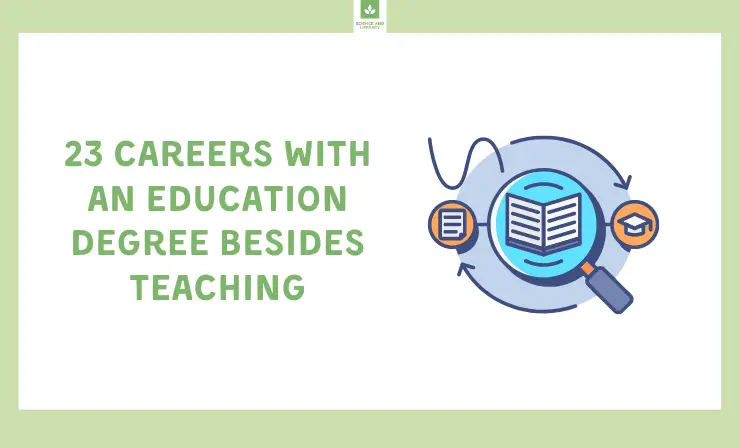
Beyond the rewarding realm of teaching lies an incredibly diverse landscape of possibilities, where education graduates can forge their paths to greatness.
While teaching undoubtedly holds its unique rewards, it’s essential to remember that the education field is incredibly diverse. You can consider countless alternative career options where you can leverage the skills and knowledge acquired through an education degree. These careers extend beyond the boundaries of conventional teaching and offer a chance to explore new horizons, embrace leadership or management roles, and breed innovation in educational institutions and related fields.
How many times in your career have you googled “things I can do with an education degree besides teaching”?
How many of those times were in the last 2 years? lol
— Emily 🍎🌟 (@EDUwithEmily) January 18, 2022
This article embarks on an exploration of 23 distinct and dynamic careers, each offering thrilling prospects and a chance to contribute to the advancement of knowledge, learning, and personal growth in diverse domains. From nurturing the potential of individual students to shaping the educational landscape on a broader scale, education graduates become catalysts of transformation.
As torchbearers of knowledge and champions of progress, they venture into these exciting career avenues, making an indelible impact on society and shaping the future of education. The journey of exploration beckons, inviting passionate individuals to seize the opportunities that lie ahead and embrace the potential for growth and change in the ever-evolving world of education.
After reading this article, you’ll get to know about:
- Career Fields Beyond Teaching with an Education Degree →
- Careers with an Education Degree Besides Teaching:
- School Counselors
- Educational Administrator
- Education Policy Analyst
- Corporate Trainer
- Educational Consultant
- Education Technology Specialist
- Instructional Designer
- Museum Educator
- Education Journalist
- Education Sales Representative
- Education Program Coordinator
- Education Outreach Coordinator
- Curriculum Developer
- Adult Education Instructor
- Education Program Evaluator
- Education Program Manager
- Education Policy Advocate
- Education Entrepreneur
- Special Education Specialist
- Camp Director
- Child Care Director
- Substance Abuse Counselor
- Librarian
- Conclusion →
6 Career Fields Beyond Teaching with an Education Degree
An education degree holds immense value in a variety of industries and sectors that prioritize learning and development. For instance, in the realm of educational technology, education degree holders play a crucial role in contributing to the design of digital learning platforms and educational software. Their expertise helps shape innovative and effective tools that facilitate modern learning experiences.
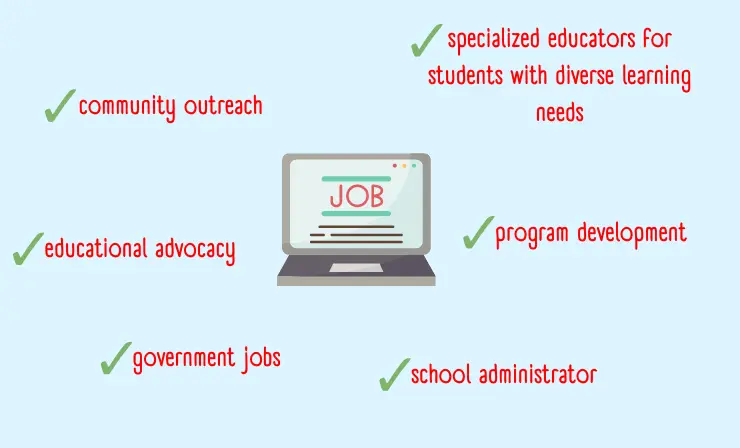
Moreover, the nonprofit sector recognizes the unique skill set of education professionals in program development, community outreach, and educational advocacy. Their knowledge of educational practices and strategies enables them to make a positive impact in underserved communities and advocate for improved educational opportunities.
Beyond the traditional classroom setting, there are thriving career options in corporate training and development. Many companies are eager to hire former teachers for these roles, as education degree holders possess excellent communication and instructional skills, making them effective trainers in professional settings.
Additionally, educational publishing offers exciting prospects for education graduates. They can contribute to the creation of educational materials, textbooks, and resources that align with modern pedagogical approaches, ensuring engaging and relevant learning materials for students.
Government jobs also open doors for teachers outside of the traditional education system. Their expertise is sought after in roles that involve designing educational policies, conducting research on educational initiatives, and driving educational reforms at a broader level.
Moreover, various educational institutions provide ample opportunities for education degree holders to make a difference. From becoming school administrators, shaping the overall learning environment, to working as specialized educators for students with diverse learning needs, education graduates play a vital role in fostering a conducive learning atmosphere.
This video delves into the motivations and factors that lead teachers to contemplate leaving the teaching profession. It sheds light on the challenges and frustrations faced by educators, providing valuable insights into their experiences.
23 Careers with an Education Degree Besides Teaching
Are you passionate about education but looking for career options beyond traditional teaching? With an education degree, you have a wide range of exciting and fulfilling opportunities in various industries.
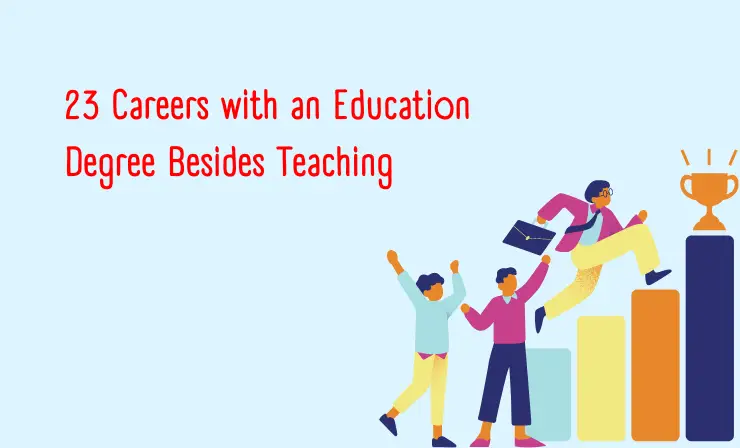
In this article, we explore 23 diverse careers that leverage your education background and expertise, allowing you to make a significant impact in different sectors. Discover the possibilities that await you as we uncover alternative pathways for education degree holders beyond the classroom.
Career 1: School Counselor
School counselors play a vital role in shaping the lives of students. As a school counselor, you’ll provide academic and emotional support to help students overcome challenges and succeed in their educational journey. Your responsibilities may include offering counseling sessions, conducting career guidance, and fostering a positive learning environment. Ideal candidates for this role possess excellent communication and problem-solving skills.
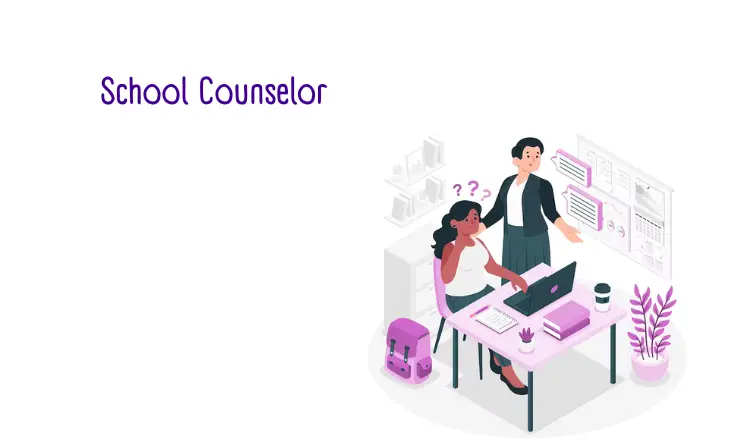
People who have a deep understanding of human behavior and a passion for helping others will find this career fulfilling. School counselors act as advocates for students, offering guidance and encouragement to help them navigate academic, social, and personal challenges. They collaborate with teachers, parents, and administrators to create a supportive and inclusive school environment, promoting student well-being and academic success.
Career 2: Educational Administrator
Educational administrators are the backbone of educational institutions. They handle various administrative tasks, such as managing budgets, coordinating curriculum development, and overseeing staff. With strong leadership and organizational skills, an education degree graduate can excel in this role. Educational administrators contribute significantly to the overall improvement and effectiveness of the learning environment. Those with a penchant for organization, strategic planning, and a desire to impact the entire educational ecosystem are well-suited for this career.
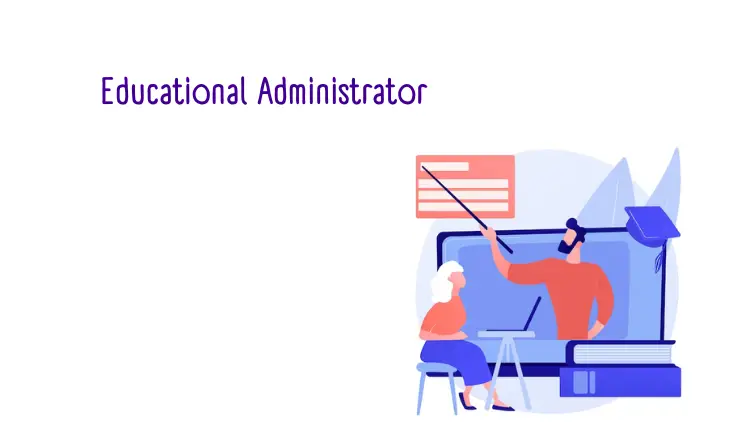
Educational administrators work closely with teachers and staff to ensure smooth operations within schools and educational organizations. They play a crucial role in shaping policies and programs that enhance the learning experience for students, create a positive school culture, and support the professional development of educators.
Career 3: Education Policy Analyst
Education policy analysts are responsible for evaluating and analyzing educational policies and their impact on students, schools, and communities. They work to develop evidence-based recommendations to enhance the education system. A career in education policy analysis is suitable for those with a passion for research, data analysis, and an understanding of the broader implications of educational policies. People who enjoy diving deep into data, formulating insights, and advocating for positive change in the education sector can thrive in this role.

Education policy analysts work with policymakers, educators, and community stakeholders to assess the effectiveness of existing policies and propose improvements that promote educational equity and address the diverse needs of students and communities.
Career 4: Corporate Trainer
Corporate trainers facilitate employee development and skills training within organizations. With an education degree, you can transition into this role and design training programs that align with a company’s goals and objectives. Corporate trainers should have excellent presentation and communication skills to deliver effective training sessions. This career is perfect for individuals who enjoy sharing knowledge, have a talent for engaging others, and want to contribute to the growth and success of individuals and businesses.
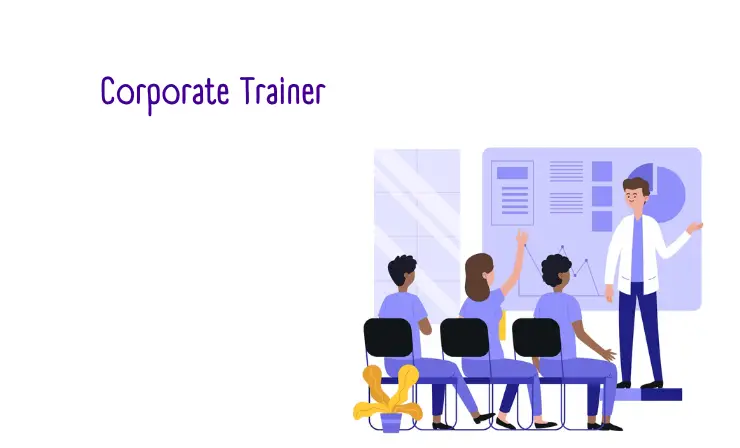
Corporate trainers play a crucial role in enhancing the skills and competencies of employees, ensuring they stay up-to-date with industry trends and best practices. They use their educational background to design and implement training programs that cater to the diverse learning needs of adult learners in the corporate world.
Career 5: Educational Consultant
Educational consultants offer expert advice to schools, educational organizations, and parents to improve educational practices and student outcomes. They may focus on curriculum development, special education, or overall school improvement strategies. An education degree, coupled with expertise in a particular area, opens doors to a rewarding career as an educational consultant. Those who have a wealth of knowledge in specific educational domains, strong analytical skills, and a desire to help educational institutions thrive will excel in this profession.
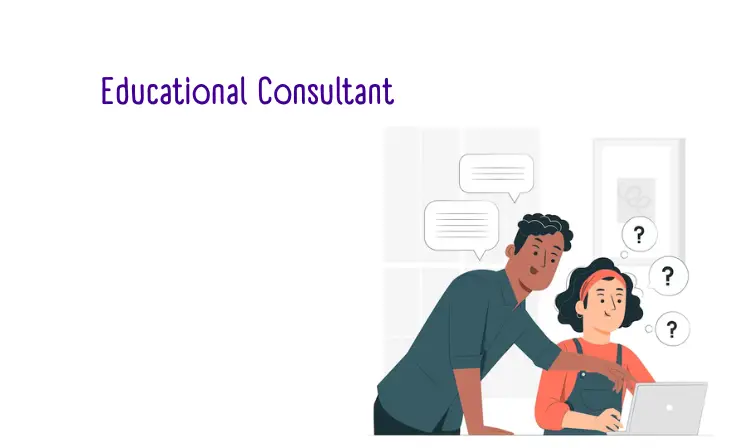
Educational consultants use their educational background and experience to provide valuable insights and recommendations to improve teaching methods, curricula, and school management practices. They collaborate with educators and school leaders to implement evidence-based strategies that lead to better student outcomes and educational excellence.
Dive into the intricacies of the role of an Education Consultant with this insightful video. Gain a deeper understanding of their daily responsibilities, challenges, and the impact they make in the education sector. Whether you’re an aspiring Education Consultant or simply curious about this profession, this video provides a comprehensive glimpse into “A Day in the Life of an Education Consultant.”
Career 6: Education Technology Specialist
In today’s digital age, technology plays a crucial role in education. Education technology specialists integrate technology into classrooms, design e-learning platforms, and provide training to educators on using tech tools effectively. A passion for technology and innovative teaching methods is essential for this dynamic career. Those who are tech-savvy, creative problem solvers, and eager to revolutionize the way education is delivered will find this career rewarding.
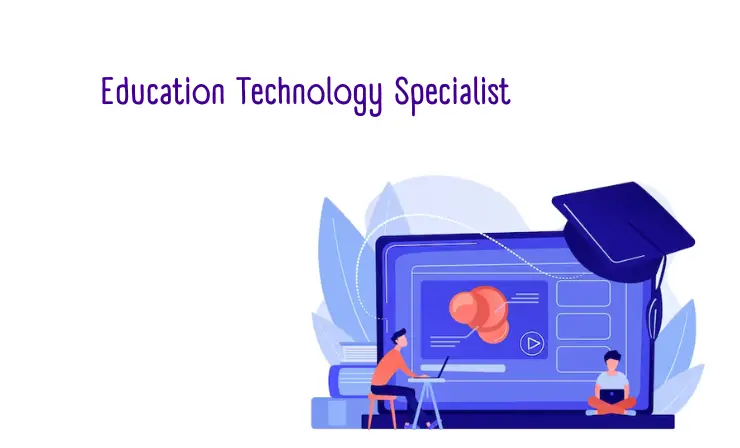
Education technology specialists work at the intersection of education and technology, using their expertise to enhance teaching and learning experiences. They research, test, and implement new educational technologies, ensuring that educators have the tools and resources they need to engage students effectively in the digital age.
Career 7: Instructional Designer
Instructional designers create engaging and effective learning materials for students and professionals. They design courses, educational videos, and interactive content that promote active learning. A background in education, combined with creativity and instructional design skills, can pave the way for a successful career in this field. Individuals who have a knack for storytelling, multimedia design, and an understanding of pedagogy will thrive in this role.
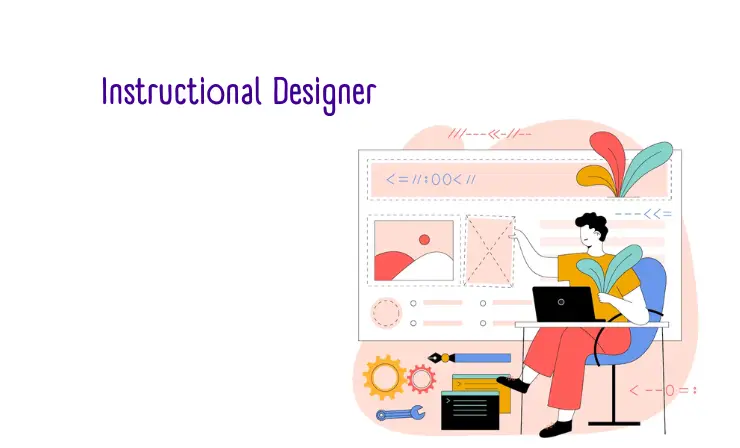
Instructional designers leverage their educational expertise to craft learning experiences that align with specific learning objectives. They use a variety of media and technology to create instructional materials that cater to different learning styles, ensuring that learners are actively engaged and motivated to acquire new knowledge and skills.
Career 8: Museum Educator
Museum educators develop educational programs and workshops within museums to engage visitors and enhance their learning experiences. They bridge the gap between art, history, and education, making it an exciting career choice for individuals with a flair for creativity and a passion for cultural preservation. Those with a love for history, art, and the ability to bring subjects to life in a captivating manner will find immense satisfaction in this career.
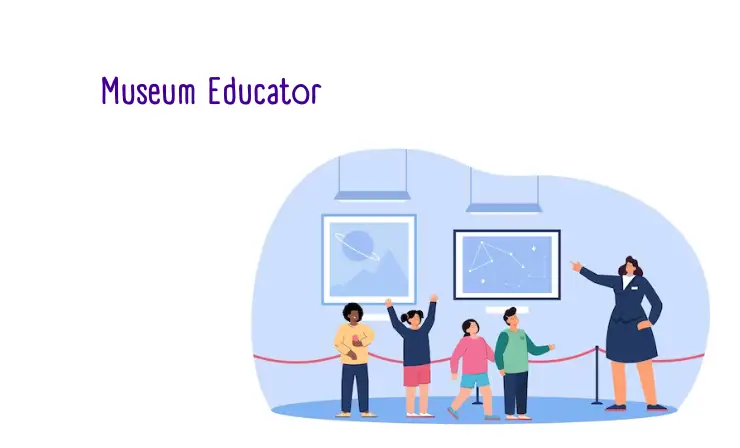
Museum educators combine their educational backgrounds with their passion for art, history, and culture to create interactive and immersive learning experiences within museum settings. They design educational programs that cater to diverse audiences, from school children to adult learners, fostering a deeper appreciation for the arts and historical heritage.
Career 9: Education Journalist
Education journalists cover stories and developments related to education in various media outlets. They report on educational policies, school events, and innovative teaching approaches. If you have a passion for writing and education, this career allows you to inform and inspire readers about the latest trends and issues in the education sector. Aspiring journalists with a talent for storytelling, research skills, and a drive to keep the public informed about education-related matters will thrive in this role.
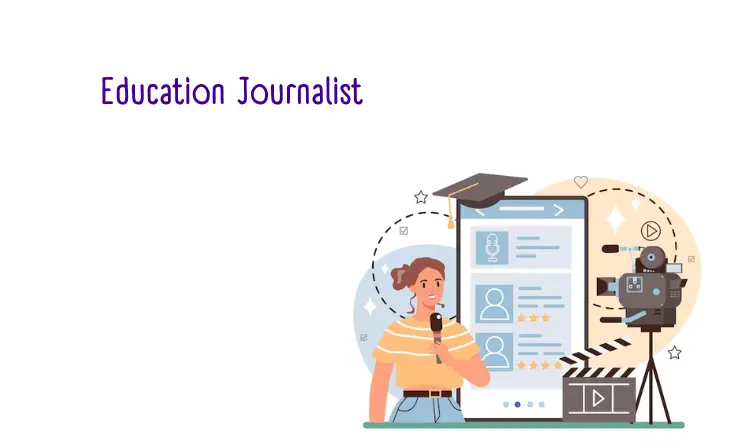
Education journalists play a vital role in informing the public about the state of education, shedding light on critical issues and innovations within the education sector. They conduct in-depth research, interview education experts, and provide accurate and timely reporting on education-related news and developments.
Career 10: Education Sales Representative
Education sales representatives work for educational publishers or edtech companies, promoting and selling educational materials, textbooks, and learning resources to schools and institutions. This role suits individuals with a good understanding of the education market and excellent interpersonal skills. Successful sales representatives are charismatic, persuasive, and possess a genuine belief in the value of the educational products they represent.
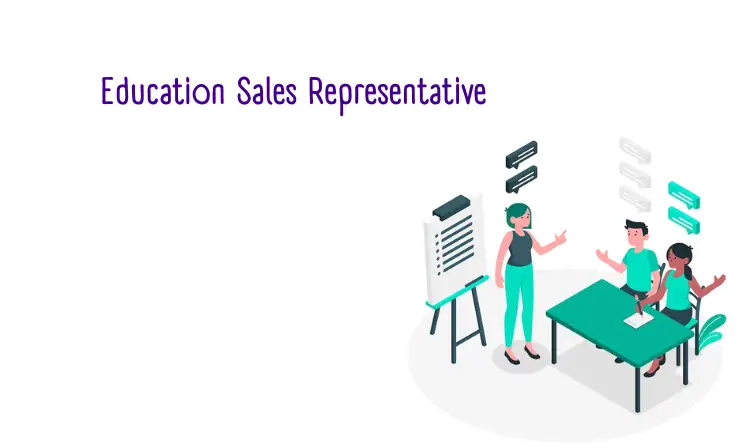
Education sales representatives combine their educational background with their sales acumen to promote and market educational products and services effectively. They build strong relationships with educational institutions, understand their needs, and recommend suitable resources and materials that align with curriculum standards and support student learning.
Career 11: Education Program Coordinator
Education program coordinators manage and oversee various educational programs, ensuring they run smoothly and effectively. They collaborate with teachers, administrators, and stakeholders to achieve program objectives and ensure student success. Strong organizational and communication skills are critical for excelling in this career. Detail-oriented individuals who can juggle multiple tasks, foster collaboration among diverse groups, and drive projects to successful outcomes will flourish in this role.
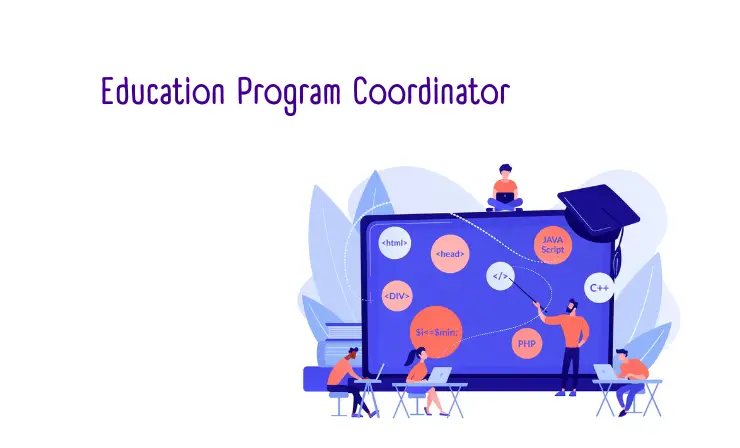
Education program coordinators act as facilitators, bringing together educators and resources to implement educational programs successfully. They manage budgets, schedules, and logistics, ensuring that programs align with educational goals and deliver positive learning experiences for participants.
Career 12: Education Outreach Coordinator
Education outreach coordinators work for nonprofits or educational organizations, developing and implementing outreach programs to serve underserved communities. They play a crucial role in extending educational opportunities to those who need them the most. A passion for community engagement and social impact is essential for this career. Individuals who are committed to making a positive difference in marginalized communities and possess strong interpersonal skills will excel in this profession.
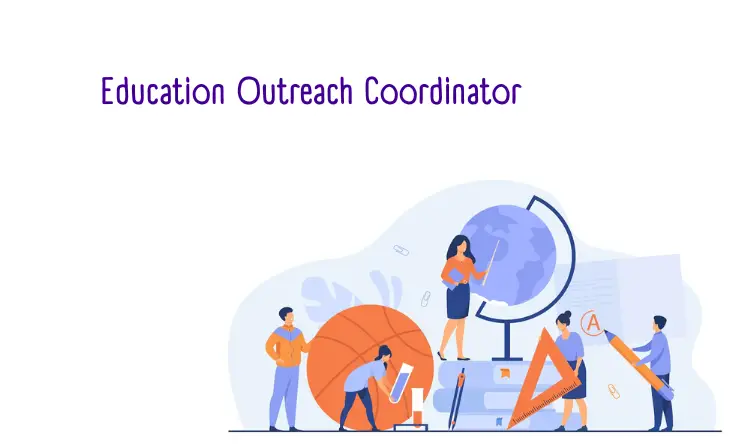
Education outreach coordinators leverage their educational background and empathy for the needs of underserved communities to design outreach programs that address specific educational challenges and provide support to students, families, and educators. They collaborate with community partners, advocate for resources, and foster relationships that promote educational equity and access.
Career 13: Curriculum Developer
Curriculum developers design and update educational curricula based on the latest research and best practices. They ensure that curriculum content aligns with educational standards and meets the needs of diverse learners. A keen eye for detail and a commitment to continuous improvement are valuable traits for this profession. Individuals who have a thorough understanding of educational objectives, are detail-oriented, and have a creative flair for designing effective learning materials will excel as curriculum developers.
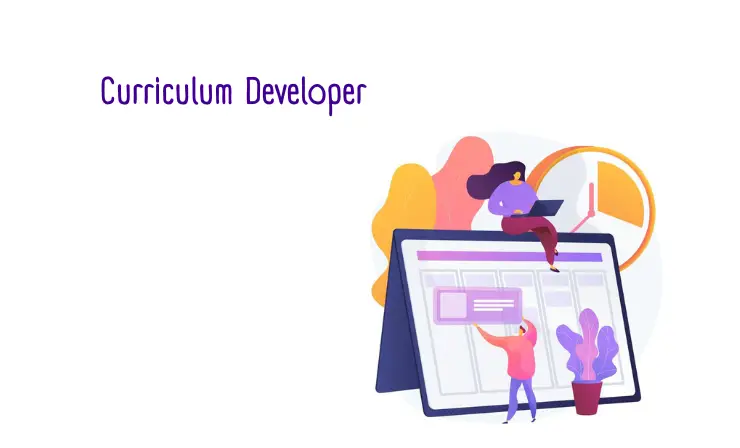
Curriculum developers draw on their educational expertise to create comprehensive and engaging learning materials that cater to diverse learning styles and abilities. They collaborate with subject matter experts and educators to align curricula with educational goals, ensuring that students receive quality and relevant instruction.
Gain valuable insights into the curriculum development career by watching the video “12 Things You Need to Know to Be a Curriculum Developer.” This informative video provides a comprehensive overview of the roles, skills, and essential knowledge required to excel in this field.
Career 14: Adult Education Instructor
Adult education instructors teach and guide adult learners in various subjects, such as language learning, vocational skills, or personal development. Patience, adaptability, and the ability to cater to diverse learning needs are essential attributes for those pursuing this career. Those who have a passion for lifelong learning, empathy for adult learners, and the ability to create inclusive and supportive learning environments will succeed as adult education instructors.
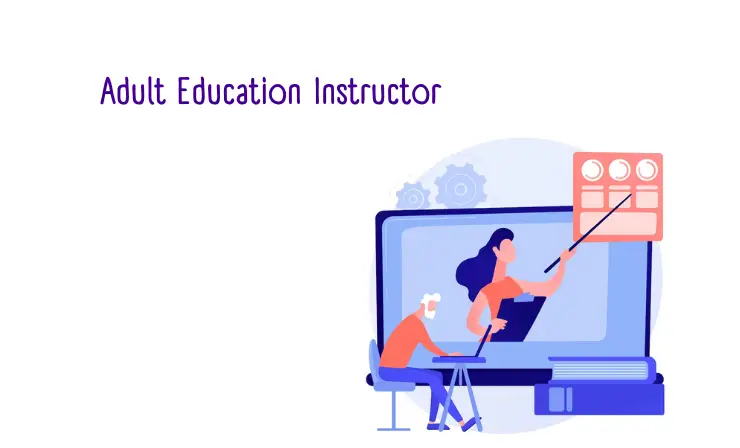
Adult education instructors use their educational backgrounds to create engaging and relevant learning experiences for adult learners. They understand the unique challenges and motivations of adult learners, adapting teaching methods to suit individual needs and goals. Adult education instructors play a crucial role in supporting adult learners as they acquire new skills, pursue personal interests, and advance in their careers.
Career 15: Education Program Evaluator
Education program evaluators assess the effectiveness and impact of educational programs and interventions. They collect and analyze data to provide insights and recommendations for program improvement. This career path is ideal for individuals with strong analytical skills and a passion for evidence-based decision-making. Individuals who thrive on analyzing data, drawing meaningful conclusions, and driving continuous improvement in educational programs will find this career fulfilling.
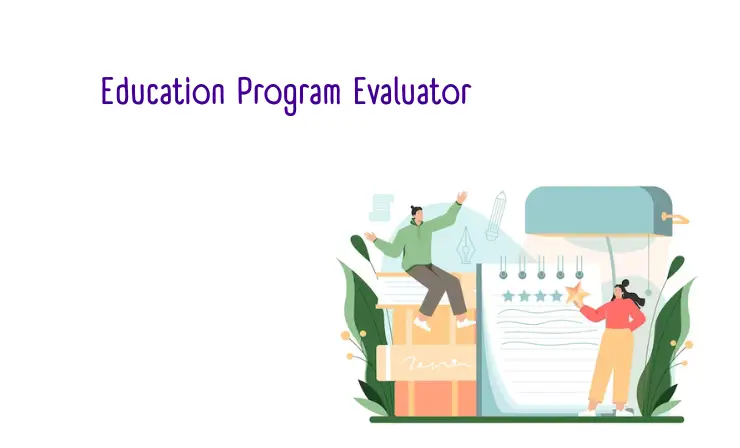
Education program evaluators apply their educational background to assess the outcomes and effectiveness of educational initiatives. They design evaluation frameworks, gather data through surveys and observations, and analyze results to identify areas for improvement and measure program success. Education program evaluators play a vital role in ensuring that educational programs are evidence-based and meet the needs of learners and stakeholders.
Career 16: Education Program Manager
Education program managers oversee the development and implementation of educational programs and initiatives. They collaborate with stakeholders, manage budgets, and ensure that programs align with organizational goals. With strong project management and leadership skills, education program managers can drive positive change and create impactful learning experiences. Individuals who excel at project management, possess leadership qualities, and are dedicated to driving educational initiatives will thrive in this role.
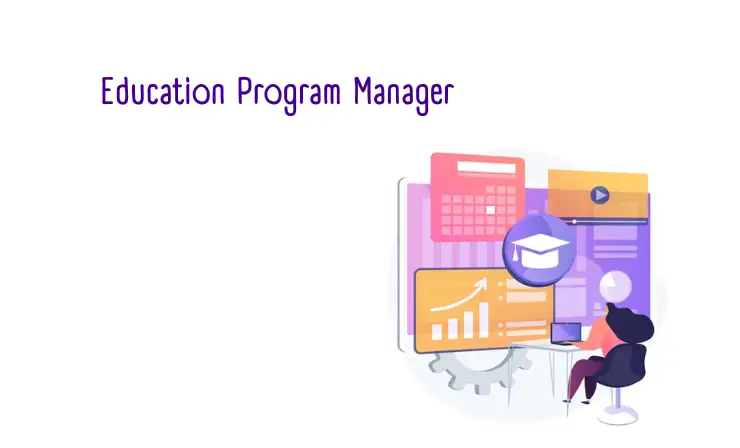
Education program managers use their educational background and managerial expertise to lead and coordinate the successful implementation of educational programs. They work closely with stakeholders to define program goals, establish timelines, and allocate resources effectively. Education program managers play a crucial role in ensuring that educational initiatives achieve their intended outcomes and contribute to the overall growth and success of educational organizations.
Career 17: Education Policy Advocate
Education policy advocates work to influence educational policies and promote positive changes in the education system. They engage with policymakers, conduct research, and advocate for reforms that address educational disparities and improve access to quality education. This career is well-suited for those passionate about social justice and equity in education. Advocates who are skilled communicators, persuasive influencers, and have a deep commitment to social change will excel in this profession.
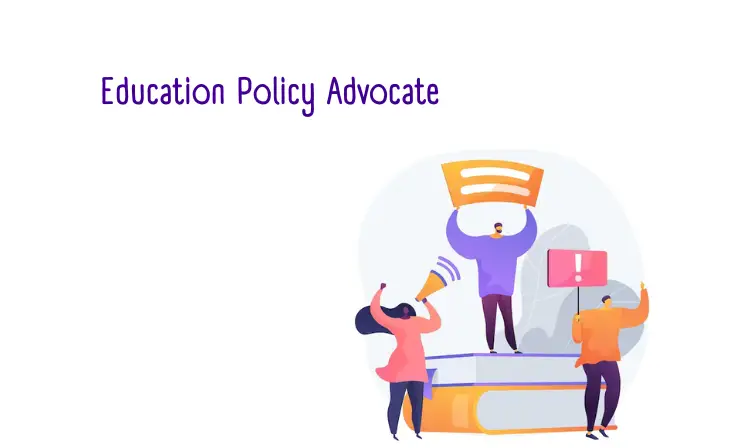
Education policy advocates leverage their educational background and understanding of educational systems to advocate for policies that promote equal access to quality education for all students. They conduct research, analyze policy proposals, and communicate with policymakers and the public to create awareness and drive positive change in the education sector.
Career 18: Education Entrepreneur
Education entrepreneurs identify opportunities to innovate and improve the education sector. They establish and manage educational startups, develop new learning platforms, or create educational products and services. With creativity, business acumen, and a passion for education, education entrepreneurs can revolutionize how people learn and access knowledge. Aspiring entrepreneurs with a vision for transforming education, a willingness to take risks, and an ability to spot market gaps will thrive in this career.
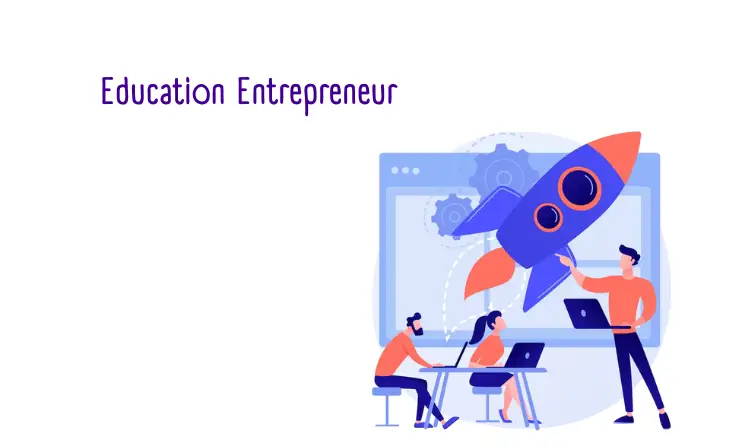
Education entrepreneurs combine their educational background with their entrepreneurial spirit to develop innovative solutions that address educational challenges and cater to the diverse needs of learners. They create and implement business plans, collaborate with educators and industry experts, and use technology to deliver impactful educational products and services.
Career 19: Special Education Specialist
Special education specialists work with students with learning disabilities and special needs. They design and implement individualized education plans (IEPs), provide support and accommodations, and collaborate with teachers and families to ensure the best learning outcomes for students with diverse learning needs. Compassion and a strong commitment to inclusivity are essential for success in this career. Specialists who are patient, empathetic, and dedicated to creating supportive learning environments for students with diverse needs will find this career immensely rewarding.
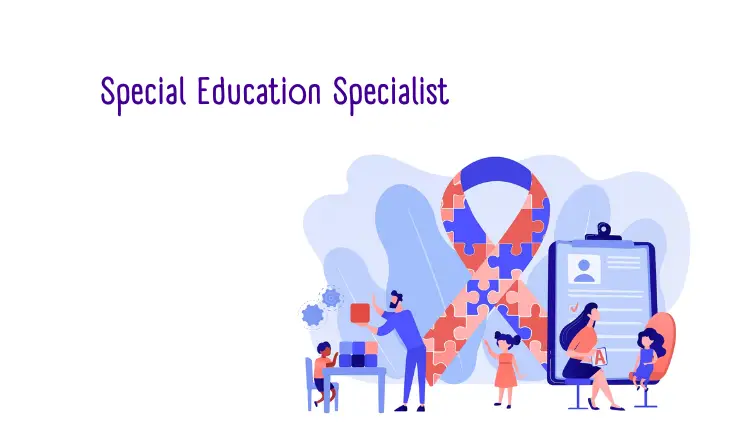
Special education specialists use their educational background and expertise in special education to design personalized learning experiences that cater to the unique strengths and challenges of students with disabilities. They collaborate with parents, educators, and specialists to create inclusive classrooms and provide the necessary support and resources for students to thrive.
Career 20: Camp Director
Camp directors take education outside the classroom, organizing and overseeing various camping activities for children. Whether working seasonally or full-time, their responsibilities include scheduling activities, running programs, forming teams, and hiring staff to ensure the camp’s smooth operation. Possessing exceptional organizational, communication, leadership, safety, and survival skills, camp directors create a safe and enjoyable experience for children. If you have an education degree and a passion for camping and working with children, a career as a camp director might be an excellent fit for you.

Camp directors use their educational background and passion for outdoor education to design and implement fun and educational camping programs. They create opportunities for children to learn new skills, build confidence, and foster teamwork while enjoying recreational activities in a natural setting. Camp directors ensure that campers have a positive and memorable experience, promoting personal growth and lifelong learning through outdoor adventures.
In this video, you will delve into the captivating world of the camp director career. Several individuals share their unique and inspiring experiences, providing a comprehensive insight into the role’s challenges and rewards. Discover the responsibilities and skills required to excel as a camp director, as well as the impact they have on creating memorable experiences for children and campers.
Career 21: Child Care Director
Child care directors are responsible for supervising and leading daily activities in child care centers. They design programs that foster a safe environment and promote skill development, preparing children for a successful transition to formal education. Additionally, child care directors hire and train staff to implement appropriate practices throughout the day. A successful child care director exhibits strong leadership, excellent communication, and organizational skills. This role allows education degree holders to contribute to the early development and well-being of young learners, shaping their future learning experiences.
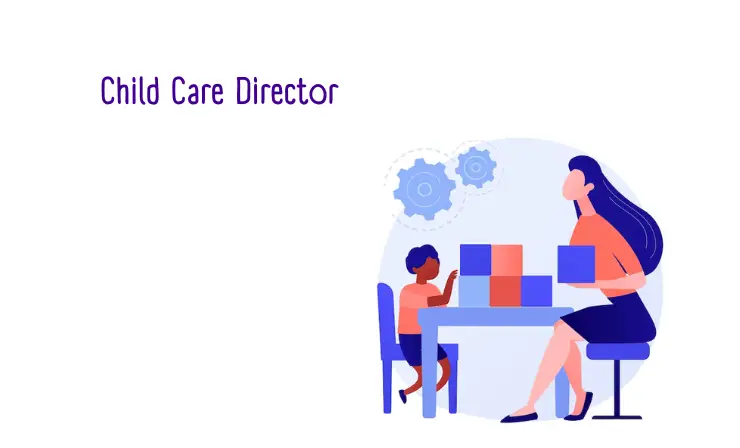
Child care directors use their educational backgrounds to create enriching and nurturing environments for young children. They design developmentally appropriate activities that foster social, cognitive, and physical development, providing a foundation for future learning and success. Child care directors ensure that child care centers meet regulatory standards and prioritize the safety, well-being, and educational growth of every child in their care.
Career 22: Substance Abuse Counselor
Substance abuse counselors provide vital support to students and individuals struggling with addiction through therapy sessions and support systems. While substance abuse counselors can work in schools, they are not limited to this setting. Education degree holders in this role use their communication and educational background to effectively connect with and guide addiction patients toward recovery. Offering judgment-free guidance, resources, and support, substance abuse counselors demonstrate empathy, attentiveness, understanding, and effective communication in their efforts to help individuals overcome addiction.

Substance abuse counselors use their educational background and counseling skills to support individuals facing substance abuse challenges. They provide a safe and supportive space for clients to explore their addiction, identify triggers, and develop coping mechanisms for maintaining sobriety. Substance abuse counselors collaborate with other professionals and community resources to ensure a comprehensive approach to addiction treatment and recovery.
Career 23: Librarian
Librarians curate and organize a vast array of books, manuscripts, and other materials within specific fields to ensure easy access for users. They share educational skills similar to teachers, such as effective communication, organization, and information sourcing. In school libraries, librarians work directly with students, assisting them in finding books and completing assignments and projects. Public librarians provide valuable customer service, offering book recommendations and managing repairs or replacements of reading materials. Education degree holders in this field can make a significant impact by facilitating access to knowledge and supporting lifelong learning in various educational settings.

Librarians leverage their educational background and expertise in information management to curate and organize collections that meet the diverse needs and interests of users. They assist students, researchers, and the general public in finding information and resources, fostering a love for reading and independent learning. Librarians play a critical role in promoting literacy and information literacy skills, empowering individuals to become lifelong learners and informed members of their communities.
Additional Resources
- Association for Supervision and Curriculum Development
- Exploring Career Opportunities with an Early Childhood Education Degree
- Types of Education Degrees
Conclusion
With 23 diverse careers beyond teaching, education graduates have a wealth of opportunities to explore and contribute to society in meaningful ways. From counseling and administration to entrepreneurship and advocacy, these non-teaching paths offer exciting and rewarding options for those with an education degree. So, embrace your passion for education and consider the various paths that await you in this dynamic field.



